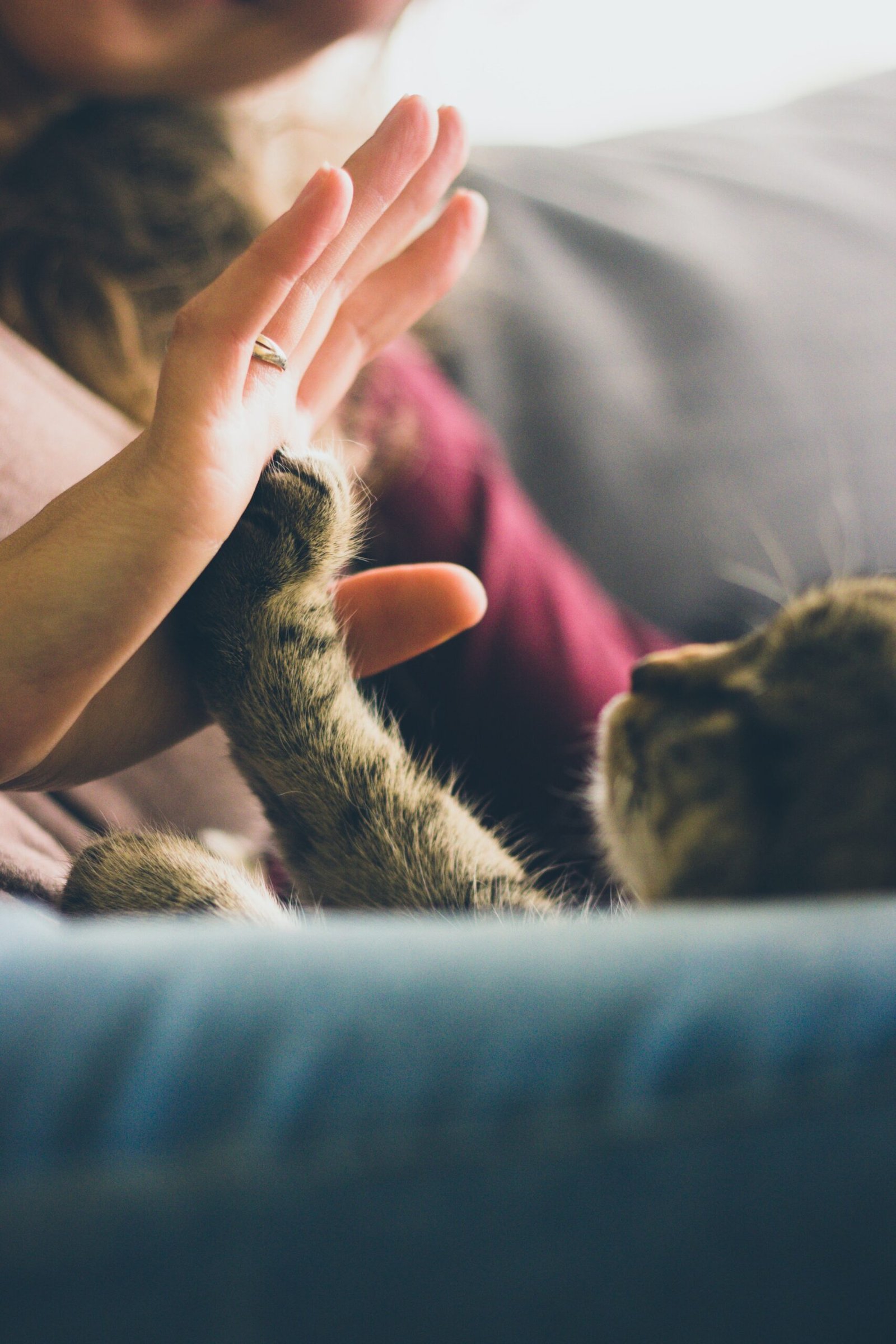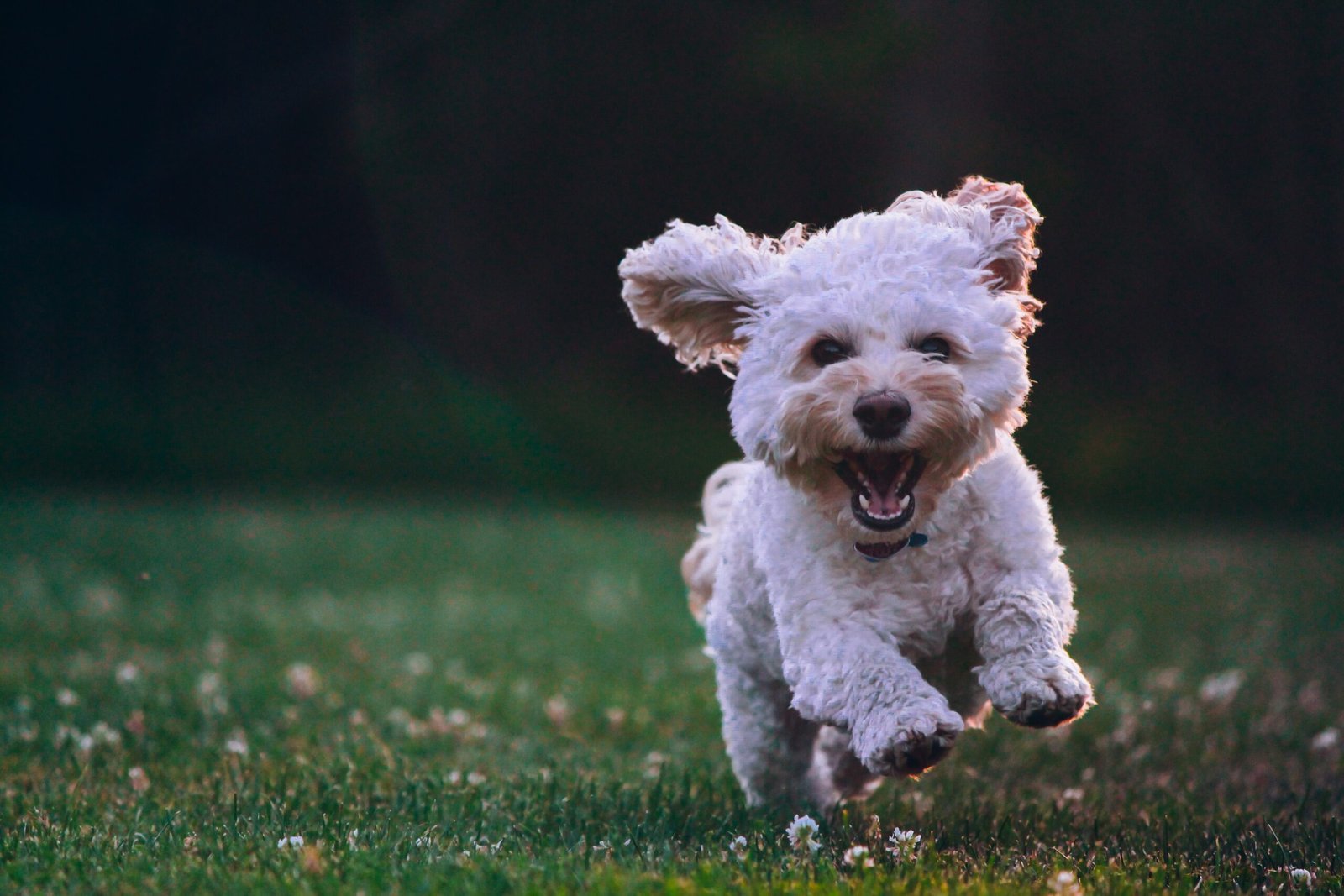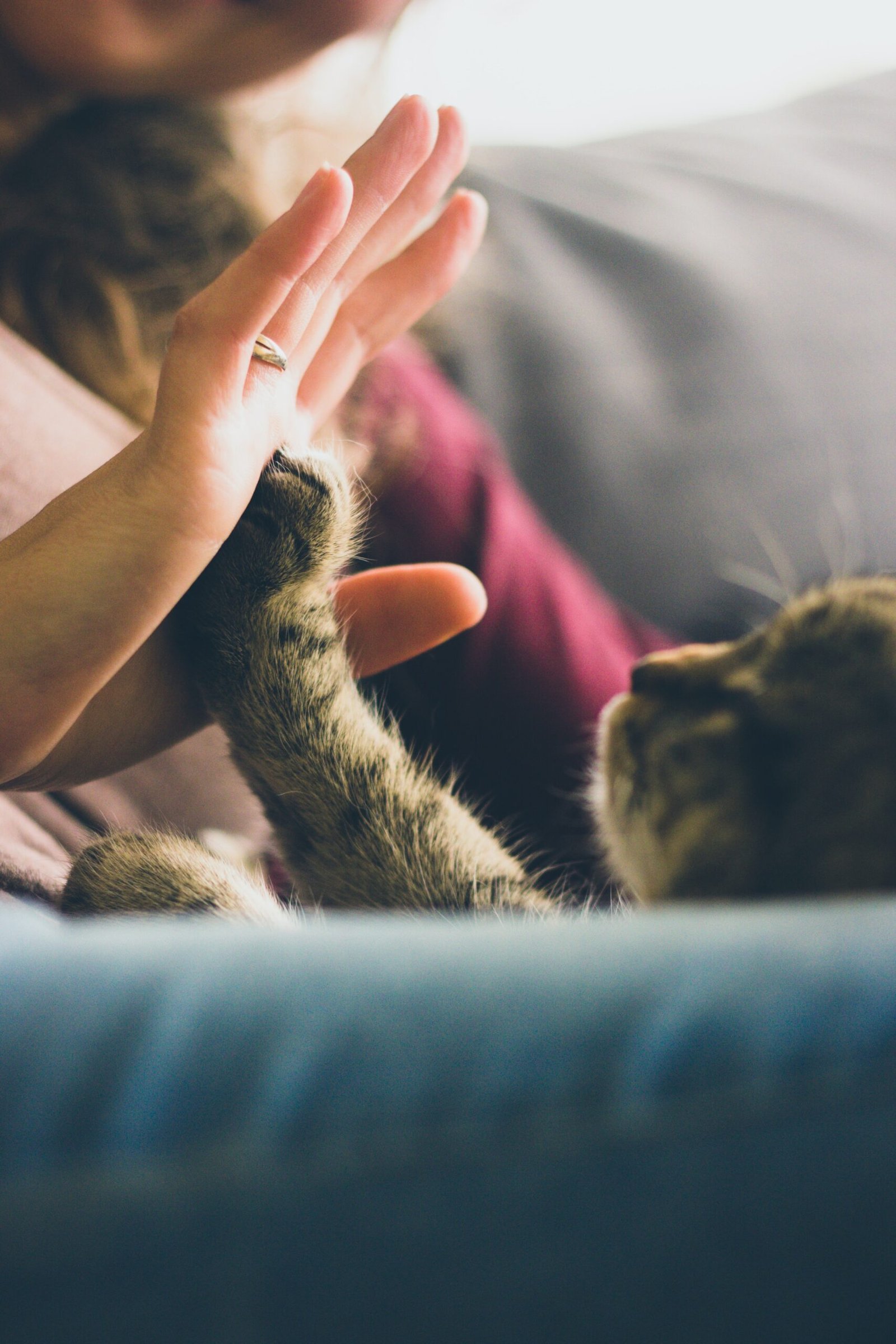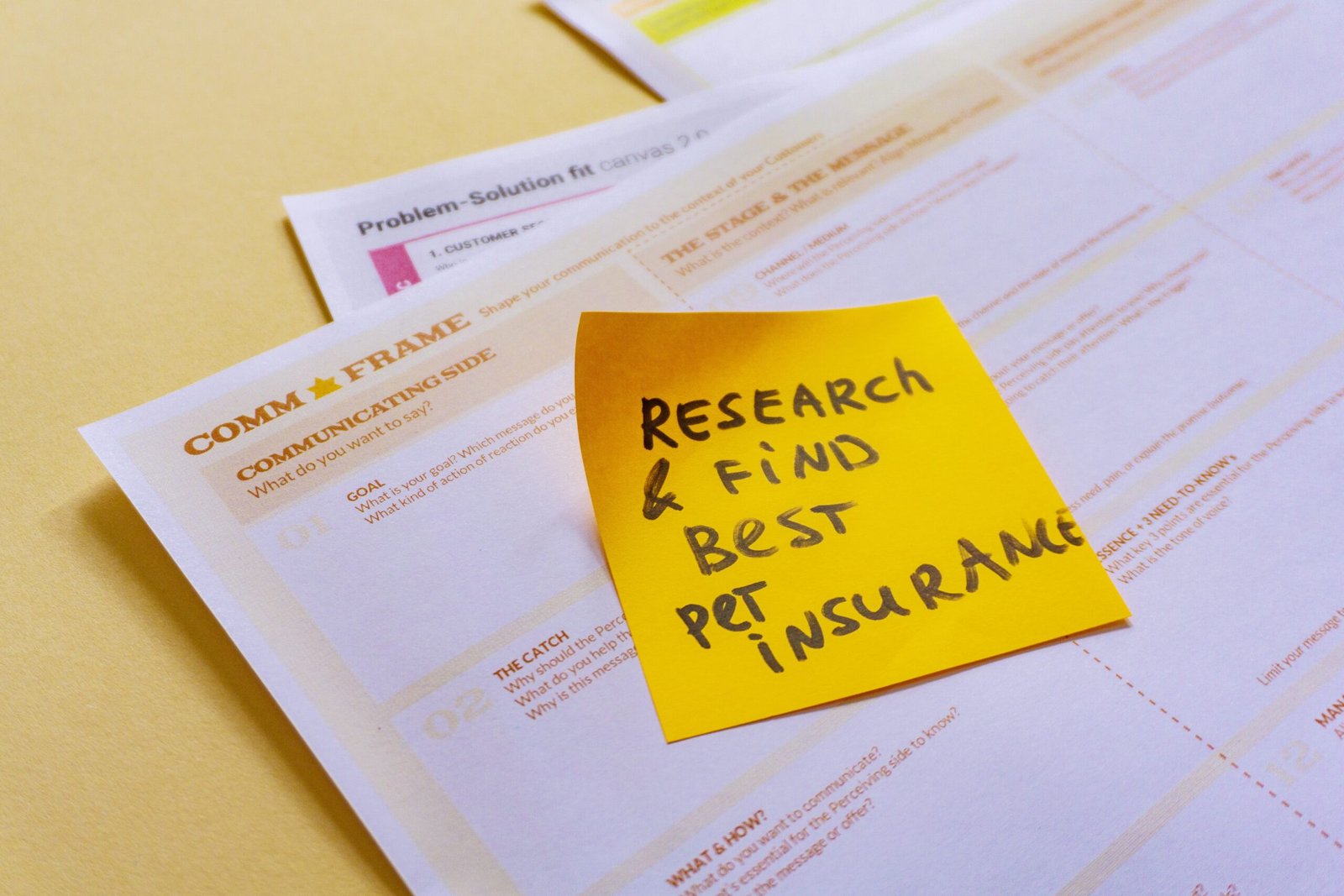Senior Pet Care Tips: How to Ensure a Happy and Healthy Life for Your Aging Companion
As our furry friends grow older, they require special care and attention to maintain their health and well-being. Just like humans, senior pets experience age-related changes that can affect their physical and mental health. To help you provide the best care for your aging companion, we have compiled a list of essential senior pet care tips.
1. Regular Veterinary Check-ups
Regular veterinary check-ups are crucial for senior pets. As they age, they become more susceptible to various health conditions such as arthritis, dental issues, and organ dysfunction. By scheduling routine visits, your veterinarian can detect and address any potential health concerns early on, ensuring your pet receives timely treatment.
2. Balanced Diet and Proper Nutrition
A well-balanced diet is essential for senior pets to maintain their overall health and manage age-related conditions. Consult with your veterinarian to determine the appropriate diet for your pet’s specific needs, taking into consideration factors such as weight management, joint health, and digestion.
Additionally, consider incorporating supplements rich in omega-3 fatty acids and antioxidants to support your pet’s cognitive function and joint health.
3. Regular Exercise and Mental Stimulation
Exercise plays a vital role in keeping senior pets physically fit and mentally stimulated. Tailor your pet’s exercise routine to their individual needs, considering their age, breed, and any existing health conditions. Engaging in activities such as short walks, gentle play, and puzzle toys can help keep their minds sharp and their bodies active.
4. Comfortable Living Environment
Create a comfortable living environment for your senior pet by providing them with soft bedding, easy access to food and water, and a warm and quiet space to rest. Consider providing ramps or steps to help them navigate elevated surfaces, as mobility can become challenging for aging pets.
5. Dental Care
Oral health is often overlooked but is crucial for senior pets. Dental disease can lead to pain, infections, and even organ damage. Regular teeth brushing, dental treats, and professional cleanings can help maintain your pet’s dental hygiene and prevent potential health issues.
6. Regular Grooming
Senior pets may require more frequent grooming to keep their coat and skin healthy. Regular brushing not only helps maintain their appearance but also promotes blood circulation and detects any skin abnormalities. Additionally, check your pet’s ears regularly for signs of infection or inflammation.
7. Provide Emotional Support
Senior pets may experience anxiety or depression as they age, especially if they have experienced changes in their routine or the loss of a companion. Provide them with plenty of love, attention, and mental stimulation to help alleviate any emotional distress they may be feeling.
8. Monitor Weight and Manage Diet
Weight management is crucial for senior pets, as obesity can exacerbate existing health conditions. Monitor your pet’s weight regularly and consult with your veterinarian to determine the appropriate diet and portion sizes to maintain a healthy weight.
9. Environmental Adaptations
Make necessary adaptations to your home environment to ensure the safety and comfort of your senior pet. Remove any potential hazards such as loose wires, slippery surfaces, or toxic plants. Consider installing baby gates to restrict access to certain areas and provide them with easy access to water and litter boxes.
10. Regular Love and Affection
Lastly, shower your senior pet with love and affection. Spending quality time with them, providing gentle massages, and engaging in activities they enjoy can greatly contribute to their overall well-being and happiness.
FAQs
Q: How often should I take my senior pet to the veterinarian?
A: It is recommended to take your senior pet to the veterinarian at least twice a year for routine check-ups.
Q: What signs should I look out for to detect health issues in my senior pet?
A: Some common signs of health issues in senior pets include changes in appetite, weight loss or gain, lethargy, difficulty walking, excessive thirst, and changes in behavior.
Q: Can I continue to feed my senior pet the same food as when they were younger?
A: It is advisable to consult with your veterinarian to determine the most appropriate diet for your senior pet’s specific needs.
Q: How can I help my senior pet with arthritis?
A: Providing your pet with a comfortable and supportive bed, incorporating joint supplements into their diet, and engaging in low-impact exercises can help alleviate arthritis symptoms.
Q: Should I change my senior pet’s exercise routine?
A: Yes, it is important to adjust your senior pet’s exercise routine to accommodate their age and any existing health conditions. Consult with your veterinarian for guidance.
Q: Can senior pets still learn new tricks?
A: Absolutely! Senior pets can continue to learn and enjoy mental stimulation. Keep training sessions short and positive, and use rewards to reinforce desired behaviors.
Q: How can I help my senior pet with anxiety?
A: Providing a calm and stable environment, maintaining a routine, and using calming aids such as pheromone diffusers or anxiety wraps can help alleviate anxiety in senior pets.
Q: Should I groom my senior pet more often?
A: Senior pets may require more frequent grooming to maintain their coat and skin health. Regular brushing and checking for any skin abnormalities are important.
Q: Can senior pets still enjoy playtime?
A: Yes, playtime is important for senior pets. Choose gentle and low-impact activities that they enjoy, such as puzzle toys or short walks.
Q: How can I ensure a comfortable living environment for my senior pet?
A: Provide your senior pet with soft bedding, easy access to food and water, a warm and quiet space to rest, and consider environmental adaptations to accommodate their mobility needs.
Tips
– Consider using pet ramps or steps to help your senior pet access elevated surfaces.
– Use interactive toys or puzzle feeders to provide mental stimulation for your senior pet.
– Monitor your pet’s weight and adjust their diet accordingly to maintain a healthy weight.
– Create a calm and peaceful environment for your senior pet to help reduce anxiety and stress.
– Be patient and understanding with your senior pet, as they may experience age-related changes in behavior or mobility.
Conclusion
Caring for a senior pet requires attention to their specific needs and providing them with the love and care they deserve. By following these senior pet care tips, you can ensure that your aging companion enjoys a happy and healthy life in their golden years. Remember, regular veterinary check-ups, a balanced diet, regular exercise, and a comfortable living environment are key to their well-being. Cherish the moments you have with your senior pet and provide them with the best care possible.
Call to Action
Share this valuable information with other pet owners who may have senior pets. Together, let’s ensure all our furry friends receive the care they deserve in their golden years. #SeniorPetCare









